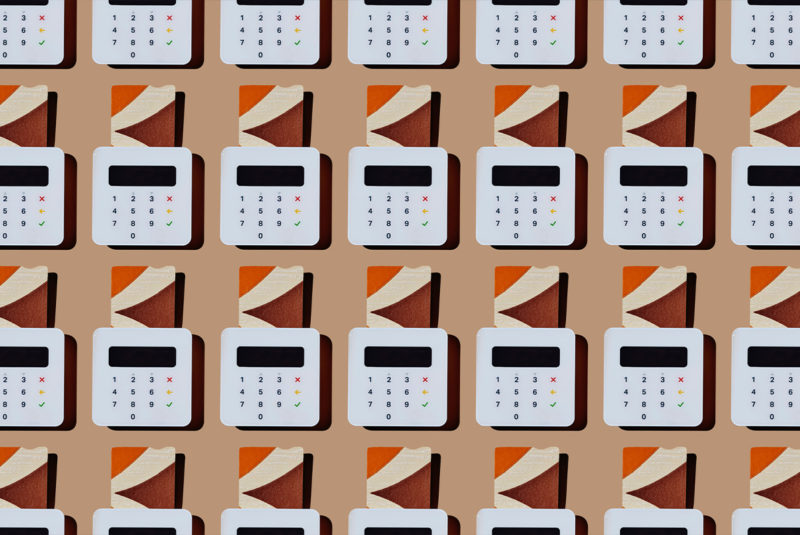Credit cards can make your financial life more convenient and more rewarding. Yet, at the same time, they are serious financial tools. Using credit cards is a privilege, not a right. And no bank is obligated to approve you for a credit card account.
It’s also important to remember that your bank can choose to end its relationship with you at any time. If you misuse a credit card, you might not only lose the privileges of the account, you could also find yourself left with a surprising amount of expensive debt, and potential long-lasting damage to your credit scores and finances.
On the other hand, if you use credit cards responsibly, your accounts could help you build great credit and save money. You may also enjoy some other benefits, especially compared to debit cards or cash.
Before you can understand how to use credit cards responsibly, it helps to know how credit history works.
This page provides a quick overview of responsible credit card use. Along the way, you’ll find links to more in-depth information. The next page, our guide about how to build great credit with credit cards, will cover the specifics in more detail.
1. Understand How Credit History Works
Your credit history, sometimes simply called “your credit”, is your reputation as a borrower of money. Based on your credit history, a company may decide whether it wants to do business with you, and on what terms.
Your credit history can affect your ability to:
- Get approved for a credit card
- Get approved for a mortgage or an auto loan
- Rent an apartment
- Connect utilities at an apartment or house
- Get insurance coverage
- Get a cellphone plan
- Find employment
You may have an advantage in each of these situations if you build good credit history. The length of your credit history is one indicator of how trustworthy you are as a borrower. The sooner you start building credit, the better.
Lenders send information about your financial behavior to credit bureaus. The credit bureaus store this information and use it to create your credit reports. See what kind of information is and isn’t in your credit reports here.
A credit score is a number that indicates how risky you are as a borrower. Lenders can use credit scores to predict the likelihood that you’ll pay a credit obligation late (by 90 days or more) in the next 24 months.
Credit scoring models are mathematical algorithms that evaluate the information on credit reports and help lenders predict the risk of loaning you money. People with good credit history receive higher credit scores, and the opposite is true as well.
2. Understand How Credit Cards Work
Once you understand how credit itself works, you should be better prepared to learn how credit works and to decide if they’re right for you.
A credit card is like an instant loan: When you make a purchase with a card, the credit card company pays for it on your behalf. Your card issuer expects you to pay them back for the loan in the future.
The maximum amount your card’s issuer will let you borrow at one time is determined by the credit limit on your credit card account.
If you don’t pay the credit card company back soon enough, they’ll start charging you interest on the amount you owe them. Interest is a fee you pay for borrowing money.
As long as you have the discipline to only spend what you can afford to pay off completely, as soon as the bill is due, a credit card will probably benefit you. When you pay off your statement balance by the due date, credit cards can be 100% free to use.
If you don’t trust yourself to only spend what you can pay in full, you may be better off avoiding credit cards. It’s easy to get deep into credit card debt if you don’t follow this simple rule. Credit cards can get expensive quickly.
Plus, on top of costing you a lot of money in credit card interest charges, carrying a balance can damage your credit scores. The ratio of your amounts owed to your available credit — known as your credit utilization ratio — is a key credit scoring factor, and the higher your utilization, the worse it typically is for your scores.
How To Use Cards Responsibly
By focusing on a few fundamentals, you can make sure your credit card accounts work in your favor.
- Only spend what you can afford: Don’t rack up a larger credit card balance than you can afford to pay in full when the bill is due, except in certain situations where you can carry a balance interest-free.
- Always pay all your bills on time: Late payments or accounts that go to collections are a red flag to lenders, and such items can take a serious toll on your credit scores.
- Keep debt low relative to your credit limits: Maxing out credit cards is a bad sign. But when you maintain a low balance-to-limit ratio on your credit cards, your credit scores may improve.
- Don’t apply for a lot of new credit in a short amount of time: For example, lenders may think you’re a greater risk if you apply for six new credit cards in a year. There are some exceptions, like when you’re shopping around for car loans from multiple banks (provided those rate-shopping applications all occur within a short window of time).
Learning the right way to pay a credit card might be confusing at first. But it’s worth the effort to master the concept. Understanding how to responsibly pay your credit card bill is key to using credit cards to your advantage.
The Short Version
- If you use credit cards responsibly, your accounts could help you build great credit and save money
- Late payments or accounts that go to collections are a red flag to lenders, and such items can take a serious toll on your credit score
- As long as you have the discipline to only spend what you can afford to pay off as soon as the bill is due, a credit card will probably benefit you




